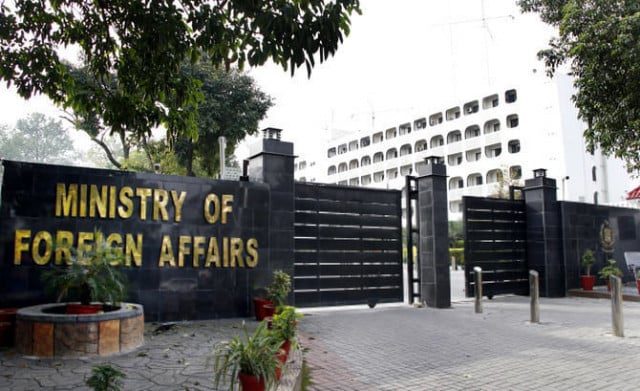Rejection of Claims and Emphasis on Religious Respect
Pakistan has categorically rejected allegations made by a senior Indian Army officer that it attempted to target the Golden Temple in Amritsar with drones and missiles earlier this month. A spokesperson from the Ministry of Foreign Affairs termed the accusation “baseless and incorrect,” emphasizing Pakistan’s deep respect for all places of worship.
“We hold all places of worship in the highest esteem and cannot think of targeting a holy site like the Golden Temple, the most revered place in the Sikh faith,” the spokesperson said during a press briefing on Tuesday.
The Foreign Office also pointed out India’s attacks on multiple religious sites in Pakistan on the night of May 6 and 7, calling into question the credibility of India’s narrative. Pakistan underscored its consistent role in promoting interfaith harmony, especially through initiatives like visa-free access to Sikh pilgrims visiting Kartarpur’s Gurdwara Darbar Sahib.
Kartarpur Corridor: Symbol of Peaceful Coexistence
As tensions between the two nuclear-armed neighbors persist, Pakistan reiterated its commitment to preserving religious freedoms and facilitating peaceful pilgrimage. Highlighting its custodianship of several sacred Sikh sites, Islamabad pointed to the Kartarpur Corridor as a shining example of its efforts.
“Pakistan is the proud custodian of many holy sites of the Sikh faith,” the spokesperson noted. “Every year, we welcome thousands of Sikh pilgrims from around the world through visa-free access to the Gurdwara Sahib Kartarpur.”
The government asserted that in light of these efforts and its reverence for religious places, claims regarding an attack on the Golden Temple are not only baseless but also defy logic.
Ongoing Tensions and Narrative Battles
The accusations come amid ongoing hostilities following a deadly attack in the Indian Illegally Occupied Jammu and Kashmir (IIOJK) town of Pahalgam on April 22, which left 26 dead. India blamed Pakistan without providing public evidence, prompting a sharp escalation in bilateral tensions.
India responded by suspending the Indus Waters Treaty, halting visa issuance, closing border crossings, and reducing diplomatic presence. Pakistan, in turn, implemented reciprocal measures, including suspending trade and airspace access.
On May 7, India launched missile strikes on cities in Punjab and Azad Jammu and Kashmir, causing civilian casualties. Pakistan retaliated militarily, downing Indian fighter jets and neutralizing drones. The hostilities continued until May 10, when a US-brokered ceasefire was announced by President Donald Trump and later confirmed by officials from both countries.
While military actions have ceased, the political war of narratives remains active. Pakistan has acknowledged the role of international diplomacy—particularly by the US, China, and Gulf states—in de-escalating the situation. India, however, maintains that the truce was a result of direct bilateral discussions.








